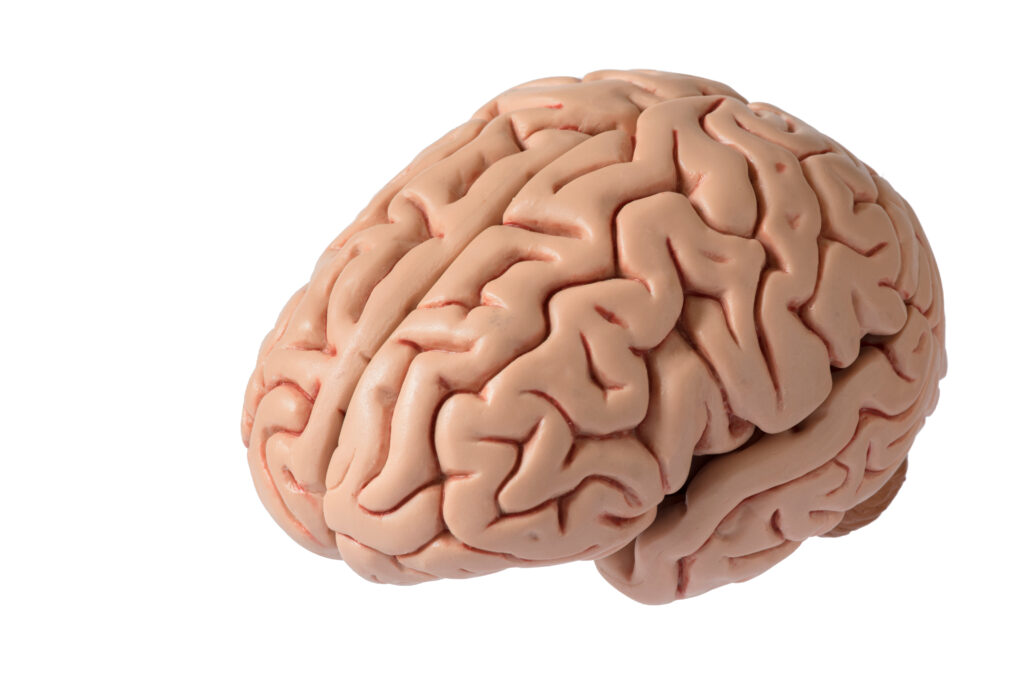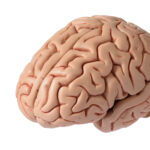### The Science Behind Green Tea Extract and Dementia Prevention
For centuries, green tea has been celebrated for its numerous health benefits. From reducing the risk of cardiovascular disease to promoting weight loss, green tea has been a staple in many cultures. Recently, research has highlighted another significant benefit: its potential to prevent dementia.
### What is Green Tea?
Green tea is made from the leaves of the Camellia sinensis plant, which is the same plant used to make black and white tea. However, green tea is processed differently, which helps preserve its high levels of antioxidants and polyphenols. These compounds are crucial for the health benefits associated with green tea.
### The Key Compounds in Green Tea
The main compounds in green tea responsible for its health benefits are catechins, particularly epigallocatechin gallate (EGCG). EGCG is a powerful antioxidant that helps combat oxidative stress, reduce inflammation, and inhibit the aggregation of beta-amyloid proteins. These proteins are often associated with Alzheimer’s disease and other forms of dementia.
### How Does Green Tea Prevent Dementia?
A recent study from Japan published in npj Science of Food investigated nearly 9,000 older adults over a period of two years. The participants were asked about their green tea and coffee consumption using a Food Frequency Questionnaire. They also underwent magnetic resonance imaging (MRI) scans to assess cerebral white matter lesions, hippocampal volume, and total brain volume.
The study found that participants who drank more green tea had significantly fewer white matter lesions, which are markers often linked to dementia. However, no such association was observed with coffee consumption. This suggests that the unique composition of green tea, particularly the catechins like EGCG, may be more effective in preventing dementia than coffee.
### The Neuroprotective Properties of Green Tea
The neuroprotective properties of green tea are believed to be due to its ability to combat oxidative stress and reduce inflammation. These processes are crucial in preventing the progression of neurodegenerative diseases like Alzheimer’s and vascular dementia. Additionally, green tea’s ability to inhibit beta-amyloid aggregation may help reduce the risk of dementia.
### Limitations and Future Directions
While the study provides promising results, it has some limitations. The cross-sectional design of the study means that it cannot establish causation. Additionally, researchers could not assess how the tea was brewed or if it was consumed in conjunction with other foods. Future research is needed to confirm these findings across diverse populations and explore green tea’s impact on long-term cognitive health.
### Practical Implications
Moderate green tea consumption appears to offer numerous health benefits. However, excessive consumption (over 3–4 cups daily) may lead to side effects like insomnia or gastrointestinal distress. The study authors conclude that drinking green tea, especially three or more glasses per day, may help prevent dementia by reducing cerebral white matter lesions.
### Conclusion
Green tea’s potential in preventing dementia is a significant discovery. The unique compounds in green tea, particularly EGCG, offer a natural and potentially effective way to mitigate the risk of age-related cognitive decline. While more research is needed to fully understand its effects, the current evidence suggests that incorporating green tea into your diet could be a valuable step towards maintaining better brain health.
In summary, green tea is not just a tasty beverage; it also holds promise as a preventive strategy against dementia. Its high levels of antioxidants and polyphenols, especially catechins like EGCG, make it a valuable addition to a healthy lifestyle. So, the next time you reach for a cup of green tea, remember that you might be doing more than just enjoying a refreshing drink—you might be helping to protect your brain.


